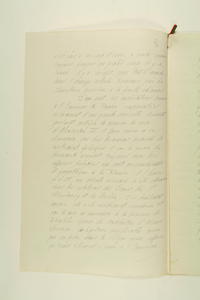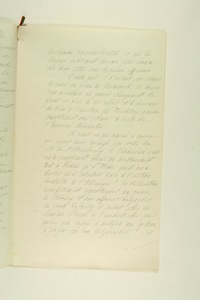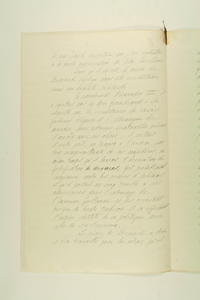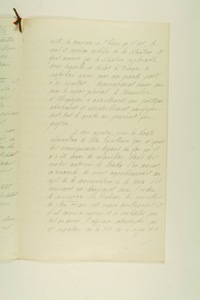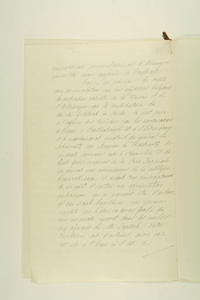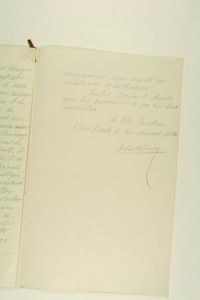Ottoman Diplomats
Letters from the Imperial Legation in Brussels (1849–1914)
Synopsis
Les divulgations de la "Gazette de Cologne" et le prince de Bismarck. - Confidentiel.
Etienne Carathéodory Effendi vaguely refers to the publication and circulation of ‘indiscretions’ by the Gazette de Cologne during the Tsar’s visit in Berlin. To calm down the situation, Tsar Alexander III was led to believe that documents had been falsified and that Prince Bismarck still kept his sympathies for the Russian Empire when it came to Bulgarian affairs. Carathéodory explains how this relief was reinforced, but noted that Bismarck did not obviously change sides. Carathéodory wonders if Bismarck did not just want to give a sign to Vienna and Rome about the limits he wanted to impose on Germany’s possible action. He explains how Bismarck cunningly appeased the Tsar with his falsification story, that Carathéodory does not believe. At the same time, Bismarck gave a blow to his adversaries in the entourage of the German Emperor William, and identified his policy with that of Emperor William. Bismarck stayed the only and supreme arbiter of the situation. France’s presidential crisis also contributed to this. Luckily, Carathéodory notes, Bismarck’s policy was now pacifying a pacifying one, one of which everyone could benefit. Consequently, he hopes that Bismarck – whom he describes as a worthy and sympathetic prince – could stay in power.
Facsimiles
| Series | HR.SYS-222-10 |
|---|---|
| Place | Brussels |
| Date | 01-12-1887 |
| Author | Etienne Carathéodory Effendi |
| Recipient | Saïd Pacha |
Names
How to cite
If you use this website for your own research, we kindly ask you to mention the following reference in your publications:
Consulted online at Ottoman Diplomats: Letters From the Imperial Legation in Brussels (1849–1914) (2014 Edition), Centre for Political History (PoHis), University of Antwerp, <http://dighum.uantwerpen.be/ottomandiplomats/>.
